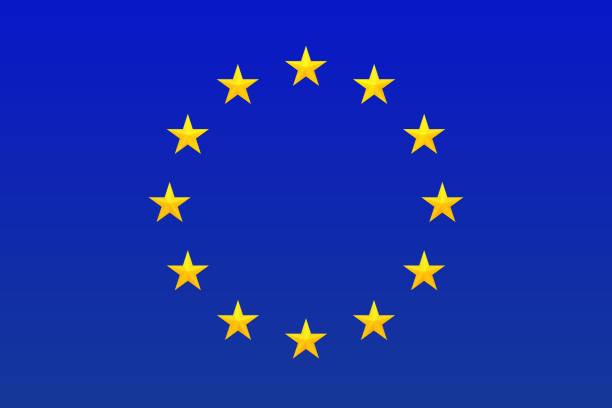Photo caption: EU logo
The European Commission considers allowing European Union countries more flexibility in reaching a 90% emissions cut target by 2040, diplomats told Reuters on Friday, amid growing backlash against the too stringent EU climate policies.
In early July, the European Commission is set to propose a 2040 climate target that would include cutting greenhouse gas emissions by 90% by 2040 compared to 1990 levels, according to Reuters’ sources with knowledge of the talks. But the 90% target could be made more flexible by allowing EU member states to buy carbon credits to reach it or easing the targets for some industries, the sources added.
The EU has a target to become carbon neutral by 2050 with intermediate targets for 2030.
The climate target for 2030 is to reduce net greenhouse gas emissions by at least 55% by 2030, compared to 1990 levels.
The 2040 climate target is the EU’s next intermediate step on the path to climate neutrality. In July, the target will be proposed at 90% reduction in emissions relative to 1990, but it will be more flexible than originally proposed, according to the EU diplomats who spoke to Reuters.
The EU, which has the strictest climate goals of all regions, is trying to reconcile boosting its competitiveness with staying on course to be able to reach net-zero emissions by 2050.
Europe’s goal to pursue a net-zero agenda is depriving citizens of reliable and affordable energy in a choice made by politicians, U.S. Energy Secretary Chris Wright said last month.
The energy transition policies imposed by the UK government and the EU institutions have reduced greenhouse gas emissions, but Europe accounts for just 8% of global emissions anyway, said Wright, the founder and former CEO of fracking services company Liberty Energy.
The “top-down imposition of mandates for the energy system” actually impoverishes the countries choosing to pursue net-zero emissions. It’s unlikely to spread globally because it has created “two highly undesirable factors”—deindustrialization and more expensive energy for consumers and businesses, the top U.S. energy official said in Poland in April.
=== Oilprice.com ===



